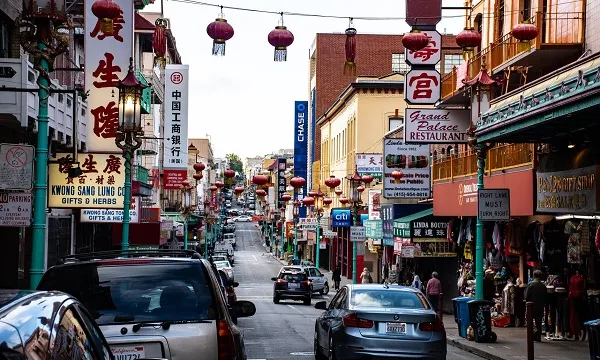
Weekly News Wrap: Virus fears drag China's retail sales; Indians still focused on essentials post-lockdown
And luxury foods in Japan take hit as restaurants struggle.
From Reuters:
Patchy data on Monday also showed sustained contractions in retail sales and investment in China, a sign many sectors were still struggling with the effects of heavy shutdowns across the world’s second-largest economy earlier this year.
Retail sales fell for a fourth straight month. While the 2.8% drop was smaller than the 7.5% slump in April, it was larger than the 2.0% fall tipped by analysts. Heavy job losses and fears of a second infection wave have kept consumers cautious.
“There are still restrictions in some demand areas, people remain worried and not many are traveling or going to cinemas, plus there are some virus flare-ups, which will have some impact on consumption,” said Tang Jianwei, senior economist at Bank of Communications in Shanghai.
Read more here.
From Bloomberg:
Businesses in India from car dealers to clothing retail chains are ready for customers as the economy reopens, but shoppers are holding back.
“Whilst the supply situation seems to be nearly normal, so far, purchases are need-based,” analysts at Mumbai-based Anand Rathi Shares and Stock Brokers wrote in a note to clients, after speaking to more than 200 distributors, dealers and retailers across the nation.
The government allowed a phased lifting of lockdown restrictions from Monday, allowing shopping malls, restaurants and places of worship to reopen in areas where coronavirus infections are under control. Whilst consumption, which accounts for 60% of the economy, has been the driver of growth during previous stress periods, a central bank survey showed consumers were no longer confident.
Footfalls in stores selling non-essential items were down to 40%-50% of normal, according to the report.
Read more here.
From Reuters:
As strict lockdown measures to contain the outbreak ravage global economic activity, the luxury food industry could be among the worst hit since it heavily relies on restaurants and top hotels for demand for deluxe items from caviar to champagne.
In Tokyo, the price of top quality wagyu beef cuts has fallen about 30% from a year earlier, bluefin tuna - considered the best in Japan - has dropped more than 40% over that period, while prices of the famed ‘Earl’s melons’ from Shizuoka have slumped 30%.
To plug the yawning gap left by eateries, many high-end food producers are attempting to reach consumers directly via e-commerce platforms. But some vendors say selling to supermarkets is far less profitable than selling to high-end restaurants.
In Japan, top sushi chefs pay $3,737.97 (JPY400,000) for 10kg of the best cuts of tuna compared to the $233.03 (JPY25,000) paid by supermarkets for 10kg of lower value cuts, said Yukitaka Yamaguchi, owner of Yamayuki tuna brokerage at Toyosu Market in Tokyo.
Read more here.



















 Advertise
Advertise






